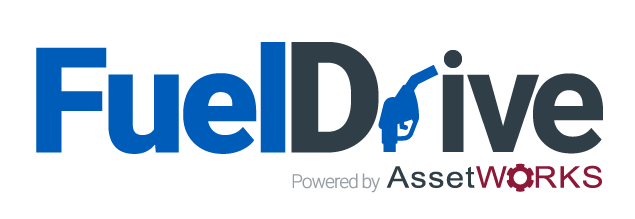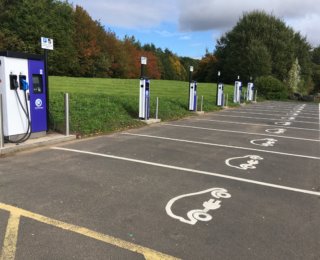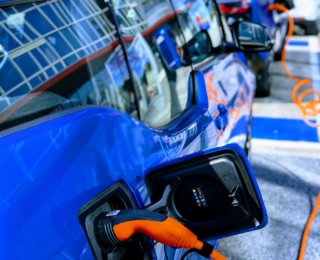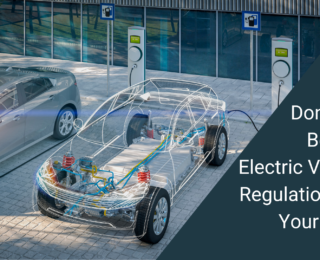Compressed Natural Gas (CNG) has gone through a few ups and downs in its journey through the public and private sectors. It was initially popular as an environmentally friendly option, and a cheaper alternative to the mounting prices of gasoline and diesel. Except, gasoline and diesel started to level off at a fairly low price. As a result, consumers became hesitant to adopt a new fuel structure for their fleets: what if gasoline kept getting cheaper? What if electric vehicles became affordable soon?
Despite the temporary dip in popularity, CNG is already bouncing back and attracting even more users. In fact, it’s particularly attractive in the heavy-duty truck industry. Over the last few years, the City and County of Denver invested in CNG for its solid waste trucks. In this time, the trucks were observed consuming approximately 200,000 diesel gallon equivalents per year, which resulted in a reduction of carbon dioxide production by about 400,000 pounds!
CNG: Taking Cities by Storm
One of the primary reasons that CNG has found a use in more urban environments is because of its readily noticeable change in pollutants. CNG vehicles behave almost like gasoline vehicles: there is no urea found within the system, which is much healthier for the water systems.
2016 Public Sector Fleet Manager of the Year, Kelly Regan, heads the fleet department for the City of Columbus, Ohio. Regan was a supporter of CNG and environmentally friendly alternatives wherever possible. In fact, the city noticed that in 2017 they distributed just about one million gasoline gallon equivalents. The program and the adoption to CNG in the City has been so successful that the City is preparing to open up another station.
Regan isn’t the only fleet professional who has caught on to CNG. Fleet managers across the country are noticing a number of trends that don’t seem to be stopping. First, CNG is particularly efficient in communities and regions that possess infrastructure capable of maintaining new fueling stations. Second, CNG is most useful for fleets that have vehicles with fixed routes and noted fueling times. These fleets will notice substantial improvements in their fueling systems, as opposed to those who experience unpredictable routes, dramatically extended field times or particularly brutal winters. Third, taxpayers are largely in favor of CNG. Environmental issues are a hot topic in today’s climate, and voters and taxpayers are in favor of reasonable adaptations – such as alternative fueling structure. Furthermore, if you manage a private fleet in a city that already possesses CNG infrastructure, you may be able to contract your fuel through them to establish a steady resource and expenditure stream.
Getting Started with CNG
NGVAmerica’s director of regulatory affairs and general counsel, Jeff Clarke, pointed out that large portions of the funds available from the Volkswagen settlement will likely end up in the alternative fuels and CNG pool. As a result, he is expecting to see an increase in CNG adoption and infrastructure expansion across the country.
If you’re looking for more information on the potential impacts that CNG vehicles and systems will have on the environment and your fleet, NGVAmerica has a number of resources dedicated to explain the details of these benefits. In addition, the site covers a wide array of specific vehicles, which can give you a useful benchmark in your alternative fuel searching.
If you’re farther along and area already looking into grants and financing, both NGVAmerica and Clean Energy Fuels have information that can assist you.
If you’re looking for a fuel management solution right now, then you are in the right place already! FuelDrive is an automated fleet fuel management system that supports continuous, real-time fuel management over virtually any communication platform. FuelDrive benefits distributors by providing powerful features, easy-to-use software and recurring revenue for sales. It’s a strong investment for the fleet operators you sell to as well, since FuelDrive provides powerful fuel management technology for fleet organizations of all sizes.










